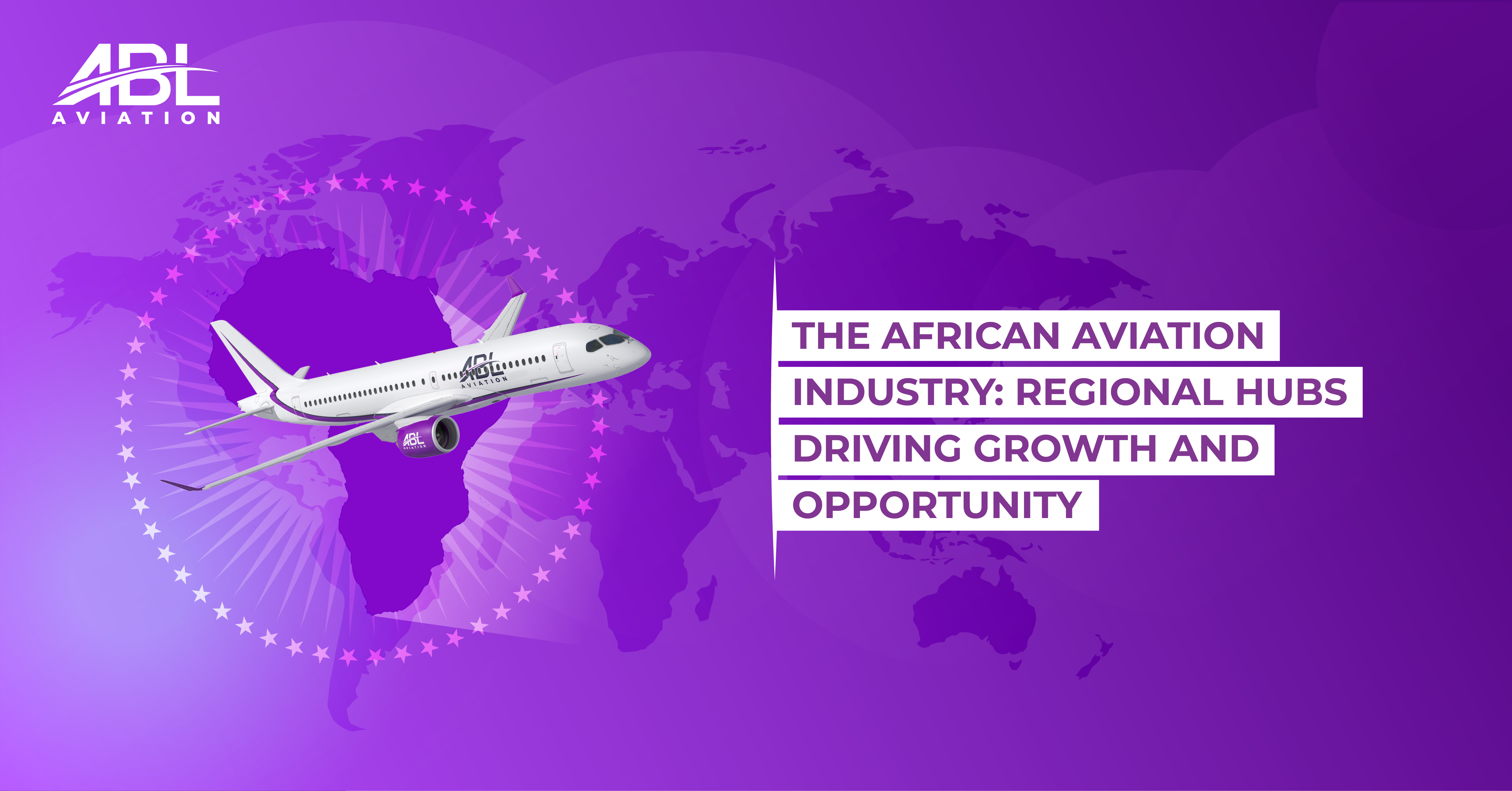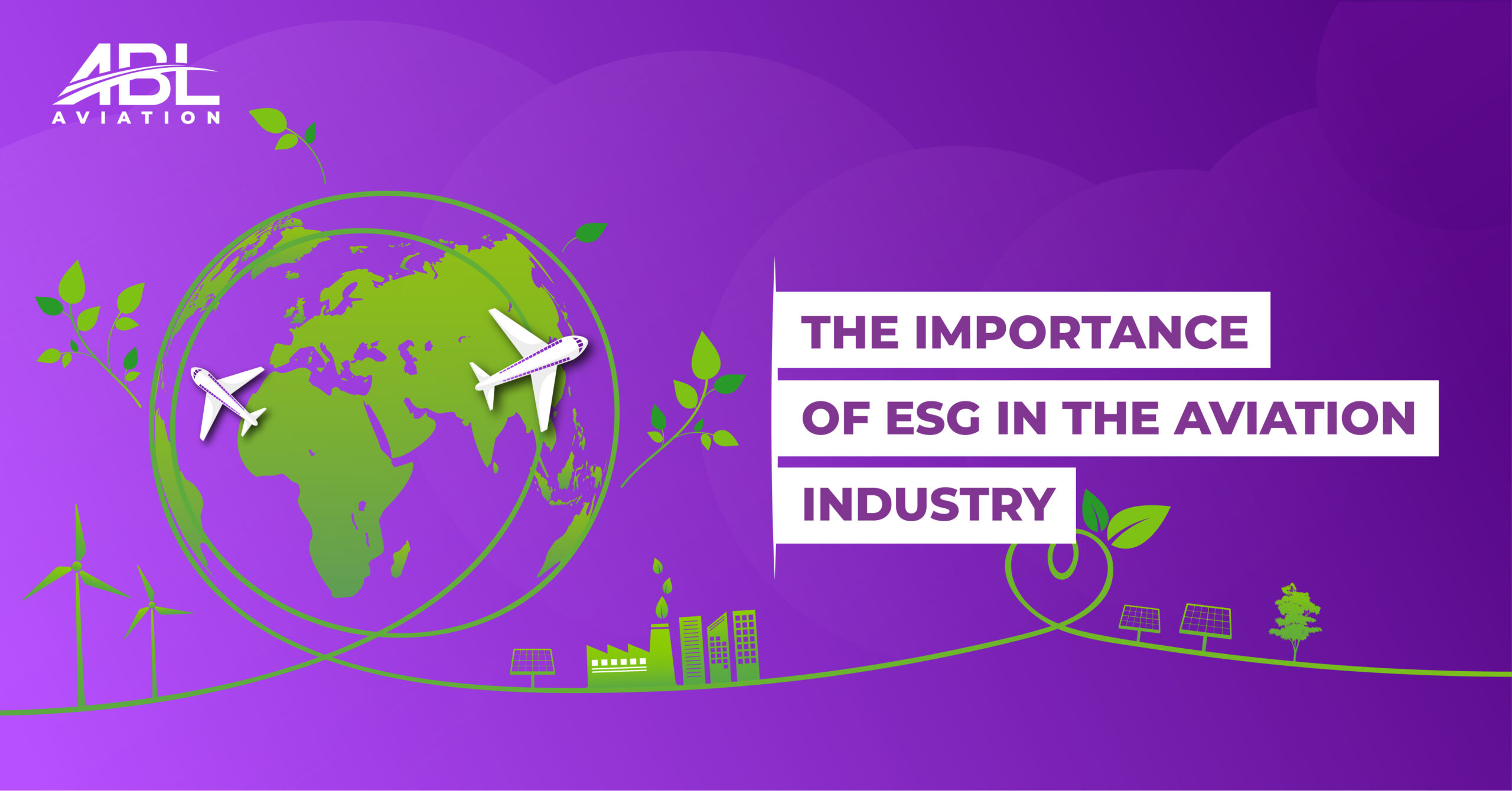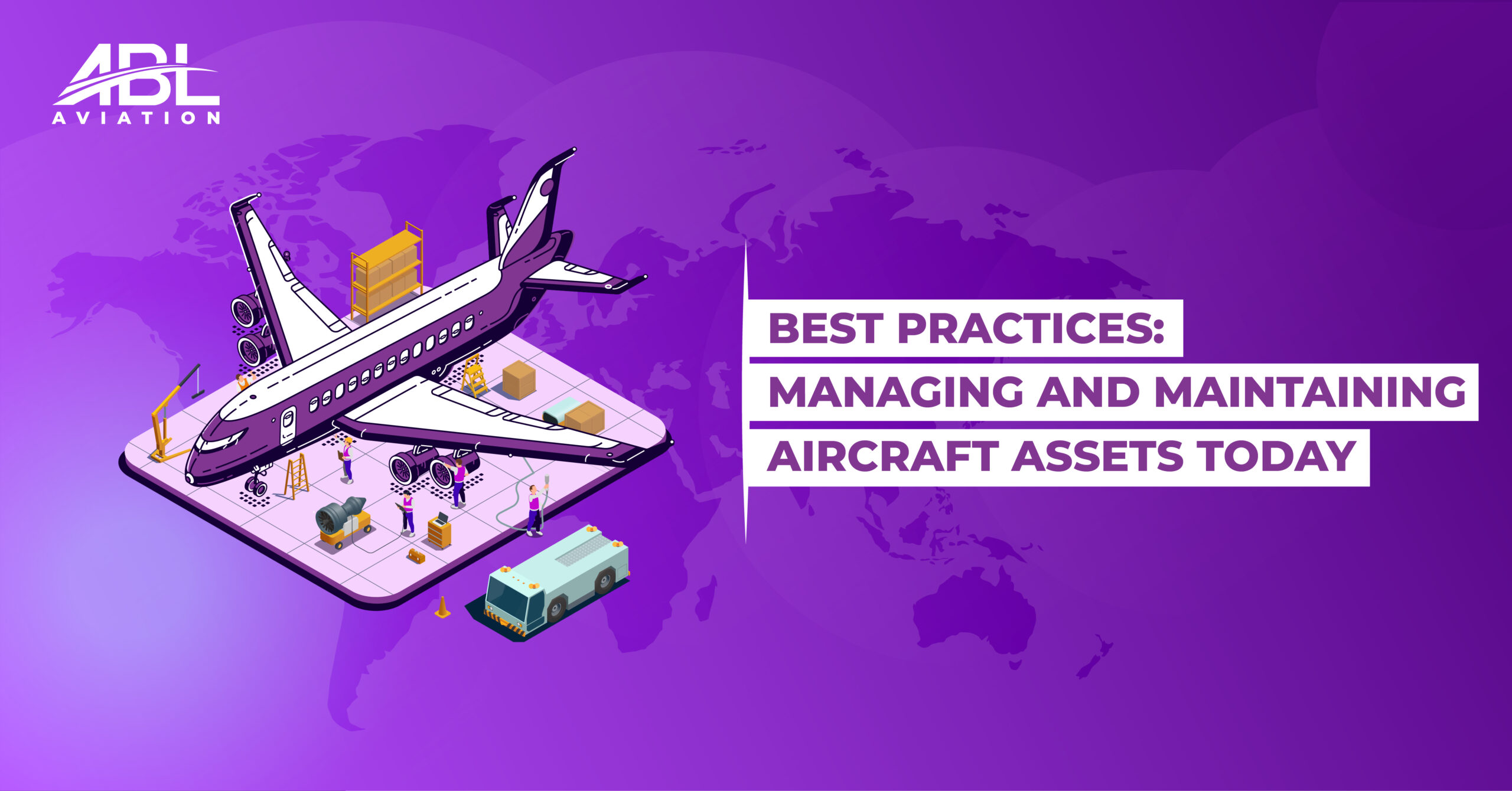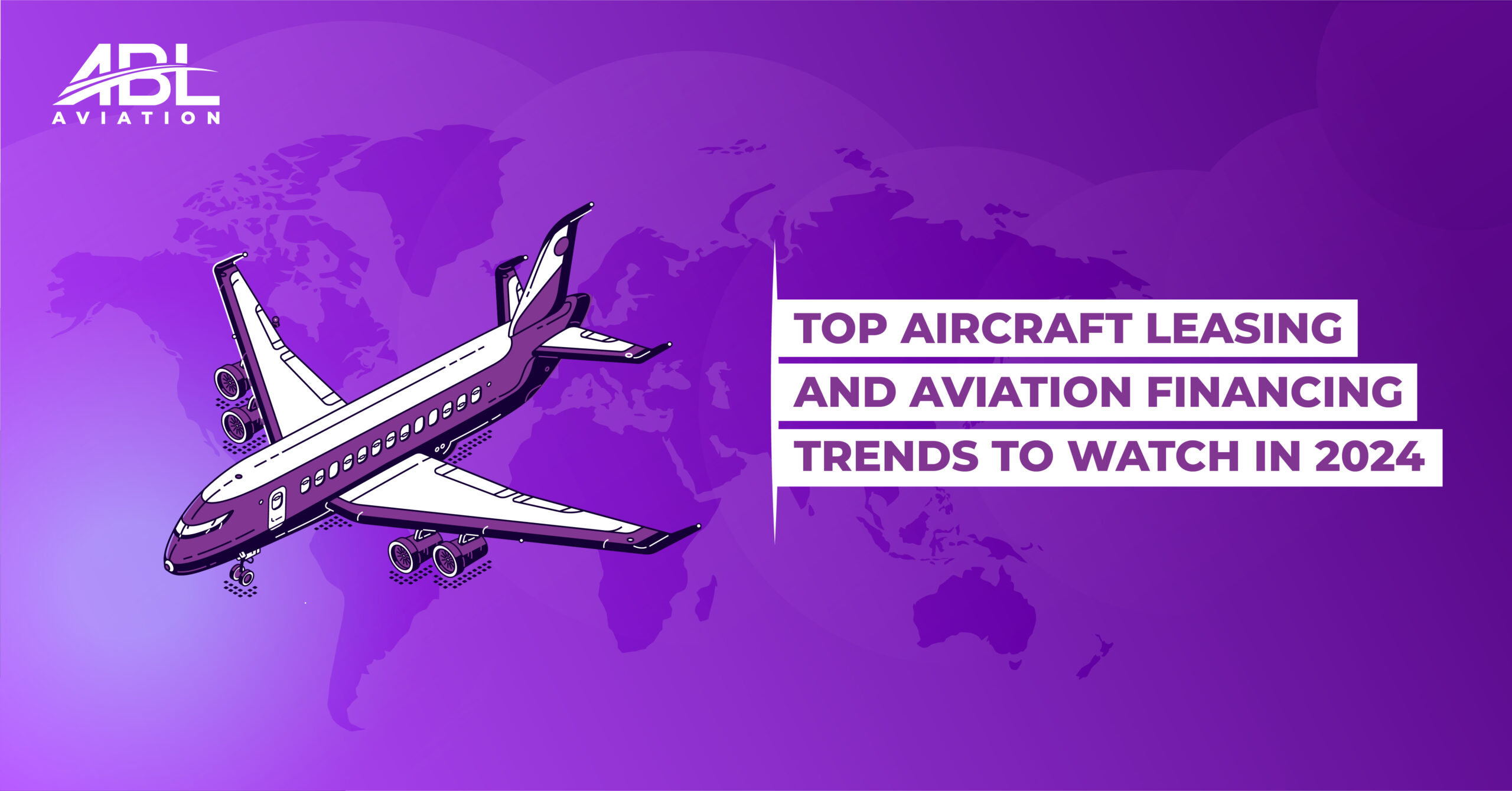
The Future of Aviation Depends on a General Awareness Of Sustainability
Air transport is a vital industry, although it is complicated to decarbonize. However, we are starting to see more and more actions and initiatives in the direction of decarbonization of this sector, even if they are not all successfully completed.
For example, eco-taxes and SAF mandate. While these were laudable initiatives at their outset, soon began to demonstrate their limitations, as they are likely to increase the cost of air travel and dampen demand over the short to medium term.
Achieving ambitious climate targets is not just a problem for airlines and lessors, it is also a supply chain issue that requires a concerted effort by all players, including regulators and SAF manufacturers.
This situation is made more complex as the requirements of the public and politicians continue to increase. This is illustrated by the decision taken at COP26 to try to limit the increase in global temperatures to 1.5 degrees. The questions that arise are as follows: How will these commitments impact the amount of capital available for aviation? Will investors be discouraged from investing in aviation in the future? Will the business model of low-cost airlines be challenged as the increased cost of capital could lead to higher prices?
Each year, 2.6 billion passengers travel on flights, while one-third of all goods are transported by aircraft. The aviation industry alone accounts for over 7.5% of the world’s gross domestic product. Moreover, CO2 emissions from the industry are constantly increasing due to the democratization of air transport since the 1960s, as well as the emergence of digitized reservation systems since the 1990s.This democratization has led to a continuous increase in the carbon footprint of air travel.
Influential entities such as the International Civil Aviation Organization are now beginning to launch new initiatives manifesting themselves in the deployment of action plans and assistance to governments, but also using sustainable alternative fuels for aviation, among others. The goal is to improve the environmental performance of air operations and establish even more effective standards for the environmental certification of aircraft. Such initiatives represent a win-win situation and are particularly promising for the future of aviation as they reduce the amount of greenhouse gas emissions, help improve the quality of the atmosphere, and may create new sources of employment. For example, the long-term use of alternative fuels could help stabilize fuel price volatility and inflation.
At ABL Aviation, we are constantly taking part in supporting all initiatives that can guarantee sustainable air transport for future generations.
Go Back




